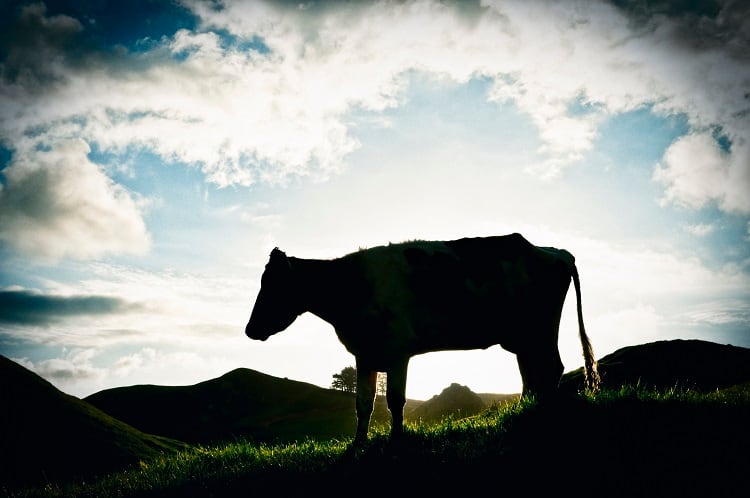Things are booming for the alternative protein sector, with investment continuing to grow. Despite this, the funding, and the economic environment more generally, is revealed by a new study to be overwhelmingly favourable to traditional meat.
A bright future?
According to the Good Food Institute (GFI), despite a 33% deceleration in growth in 2022, things are looking bright for the alternative protein sector, which is frequently being seen as ESG aligned. Firms are estimated to have collective $113bn (€105bn) in ‘dry powder’ (funds yet to be invested) that could potentially go into alternative proteins.
The GFI's most recent State of the Industry Report: Cultivated Meat and Seafood, which focused prominently on cultivated meat, highlighted a number of investments by venture capital firms in cultivated meat, many of which were a significant part of their portfolio. For example, Big Idea Ventures closed 36 deals in 2022, 14 of which involved cultivated meat companies.
In total, $896 million was invested into cultivated meat in 2022, which is a third of all investment.
Challenges for alternative proteins
However, a study from Stanford University published in One Earth, which analyses the meat and alternative protein sectors between 2014 and 2020, reveals that public funding for animal agriculture is larger than that for new technologies aimed at developing animal analogues by factors of 800 for the US and 1,200 for the European Union.
Furthermore, the spending on lobbying for animal agriculture by trade and non-profit organisations is larger than that for cultivated meat by factors of three (EU) and 190 (US).
Despite a growing amount of investment in alternative proteins, it was still overwhelmingly in favour of traditional animal agriculture.
Furthermore, governments even provided incentives for farmers to be less risk-averse. According to the paper, “subsidies linked to current production, such as the US crop insurance and EU voluntary coupled payments, induce farmers to become less risk-averse and less motivated to leave current production systems or to abandon the sector.”
EU subsidies for farmers were less coupled to specific commodities (i.e. meat) than those in the US, but nevertheless some such subsidies remained. Furthermore, according to the study, the potential impact of decoupled subsidies was reduced by lack of incentives to move away from meat production and reduce the livestock population.
The study also suggested that the role of animal agriculture lobby groups is key in influencing the market, such as ensuring meat prices remain low, and factors which may affect it, such as introducing regulation limiting what manufacturers of dairy substitutes can call their products, and limiting sustainability-related language on dietary guidelines.
Sourced From: One Earth
'Public policies and vested interests preserve the animal farming status quo at the expense of animal product analogs’
Published on: 18 August 2023
DOI: https://doi.org/10.1016/j.oneear.2023.07.013
Authors: S, Vallone, E, F. Lambin





